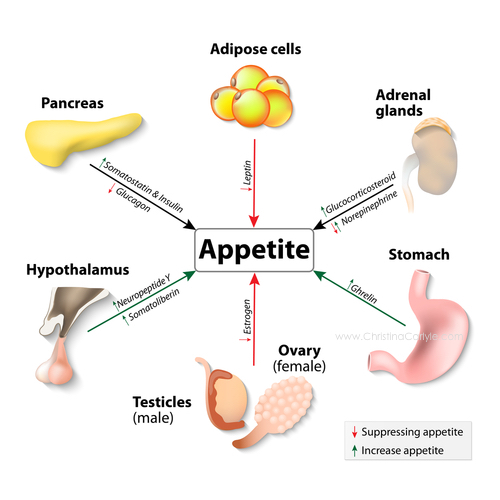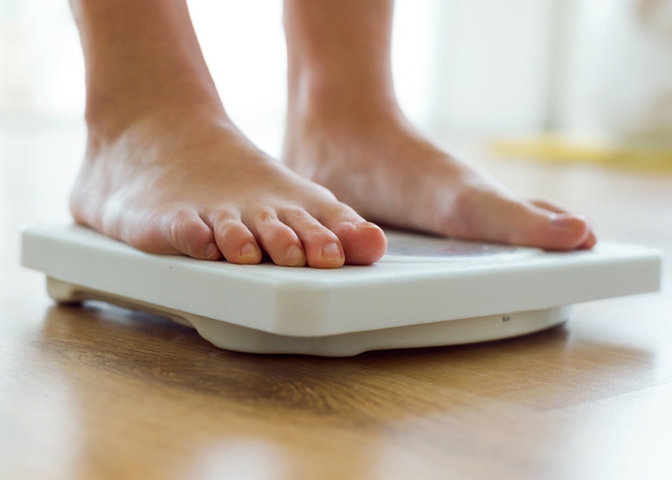The Effect of Hormones On A Woman’s Weight
Losing weight, however much, can be tricky. It is a unique and complicated balance between what you eat, how much you exercise, the environment you are in and the way your body works.
Often it can be quite easy to lose the first few kilograms and even maintain weight loss for a few months but after that initial weight loss, the kilograms can creep back or remain stagnant.

Why is this?
Our body weight is regulated by a complex brain and hormonal system which is based on some fundamental biological and evolutionary principles.
After the initial weight loss period of a few weeks or months, the body naturally tries to adapt to conserve energy so as to not starve. This was incredibly helpful when our ancestors could not find adequate food, but in today’s energy dense food environment, it isn’t helpful, one iota.
What hormones as a woman and mother affect our weight?
Some of the common hormones associated with weight, appetite and metabolism are leptin, cortisol and oestrogen.
Looking at them in a bit more detail might pin point why you might be having some testing times losing a few kilograms.
1. Leptin
Leptin is a fat hormone which in its presence helps you reduce your food intake and increase energy expenditure. This often leads to weight loss. Some research has shown though that after the initial weight loss, especially if done rapidly, leads to leptin levels being very low within the body.
These lower levels of leptin can lead to a person being influence to increase their food intake through overeating and also decreasing their metabolism and energy expenditure and gain weight or make it difficult to lose more. Evolutionarily, the body doesn’t want to lose its fat.
The lesson here is to not lose weight too dramatically and to be aware of your appetite.
2. Cortisol
Cortisol is the primary hormone released when we are stressed.
Cortisol is also responsible for regulating the levels of glucose in the bloodstream and our metabolism. During times of fasting or when glucose is depleted in our body, cortisol ensures that more glucose is created through a metabolic process called gluconeogenesis. With lower blood sugar levels, people will often crave sugary or energy dense fatty foods.
With young children and husbands (wink wink) the stress in our lives as mothers is dramatically increased in comparison to pre kids. Heightened by a lack of sleep, cortisol tends to rise even higher.
The challenge here is to not associate or compensate stress filled moments with cravings for sweet or fatty foods and if that habit is already present, try and substitute it for a new habit, like a glass of water or 20 star jumps.
Cravings last around 20 minutes. So you can win them over if you can distract yourself.

3. Oestrogen
Oestrogen is the female sex hormone which is known to cause weight gain. It is thought that this was due to evolutionary requirements in which adequate fat reserves were needed to become pregnant and safely carry and subsequently breastfeed an infant.
Obviously in an environment of excessive food availability, this isn’t of such concern, but as women we are predisposed to create subcutaneous fat for reproduction.
This does not mean that oestrogen will make you fat although it does mean that it can be associated to fat disposition within the body.
Does that mean we are doomed as women to never lose any weight?
No, of course not.
Weight loss and weight maintenance can be achieved if you are mindfully losing weight slowly and steadily.
Weight loss is not just about what you eat but the behaviours around what you eat and how you eat. By making small changes to your life and the habits that you lead, weight loss will be for life, rather than a short period of time but you do need to dedicate yourself and make simple, sustained changes.










